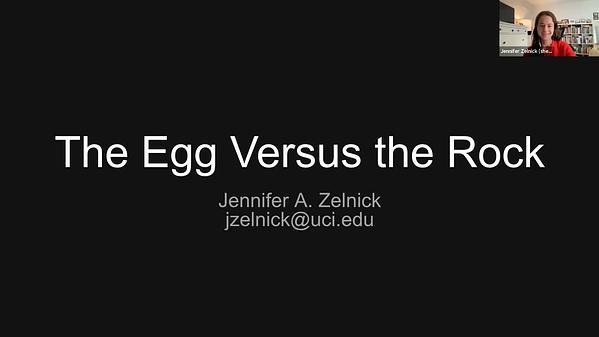Would you like to see your presentation here, made available to a global audience of researchers?
Add your own presentation or have us affordably record your next conference.
keywords:
public policy
migration
Initially applauded as a return of secularism in Bangladesh, the 2013 Shahbag movement had the unintended consequences of fortifying lines between secular free speech activists, Islamists, and a government that purportedly embraced secularism but increasingly turned a blind eye to Islamic extremism. Islamists accused Shahbag activists of blasphemy, an accusation that led to the brutal killing of atheist bloggers, religious minorities, poets, and publishers. Several Bangladeshis fled. My ethnographic study focuses on exiled secular Bangladeshis living in Nordic countries. However, what began as an ethnographic study about narratives of exile evolved into engaged work as I struggled, alongside my interlocutors, to learn about policies and societal expectations that impact their lives and choices as refugees. I increasingly sought connections with local and international organizations-- both for my own scholarly benefit but also with hopes to increase the chances that these Bangladeshis will succeed in their host country. I also agreed to be a co-editor of an online magazine founded by an exiled publisher who had been nearly killed by Islamists in Dhaka. This paper explores the conundrum of our roles as ethnographers in this context of unexpected migration, where refugees struggle with being excluded from both home and host countries. As we learn more about refugees' current contexts -- including racism, opaque bureaucratic systems, and many closed doors -- what are our responsibilities? How might we be a cultural broker of sorts and a policy analyst of sorts, and what are the implications and consequences of taking on such roles?

